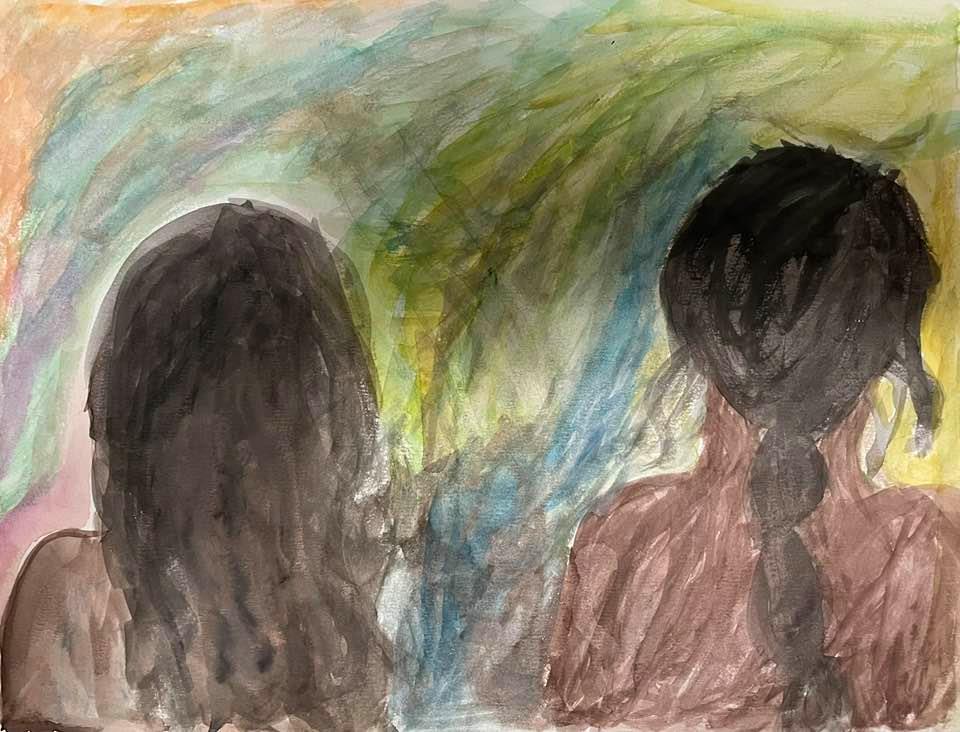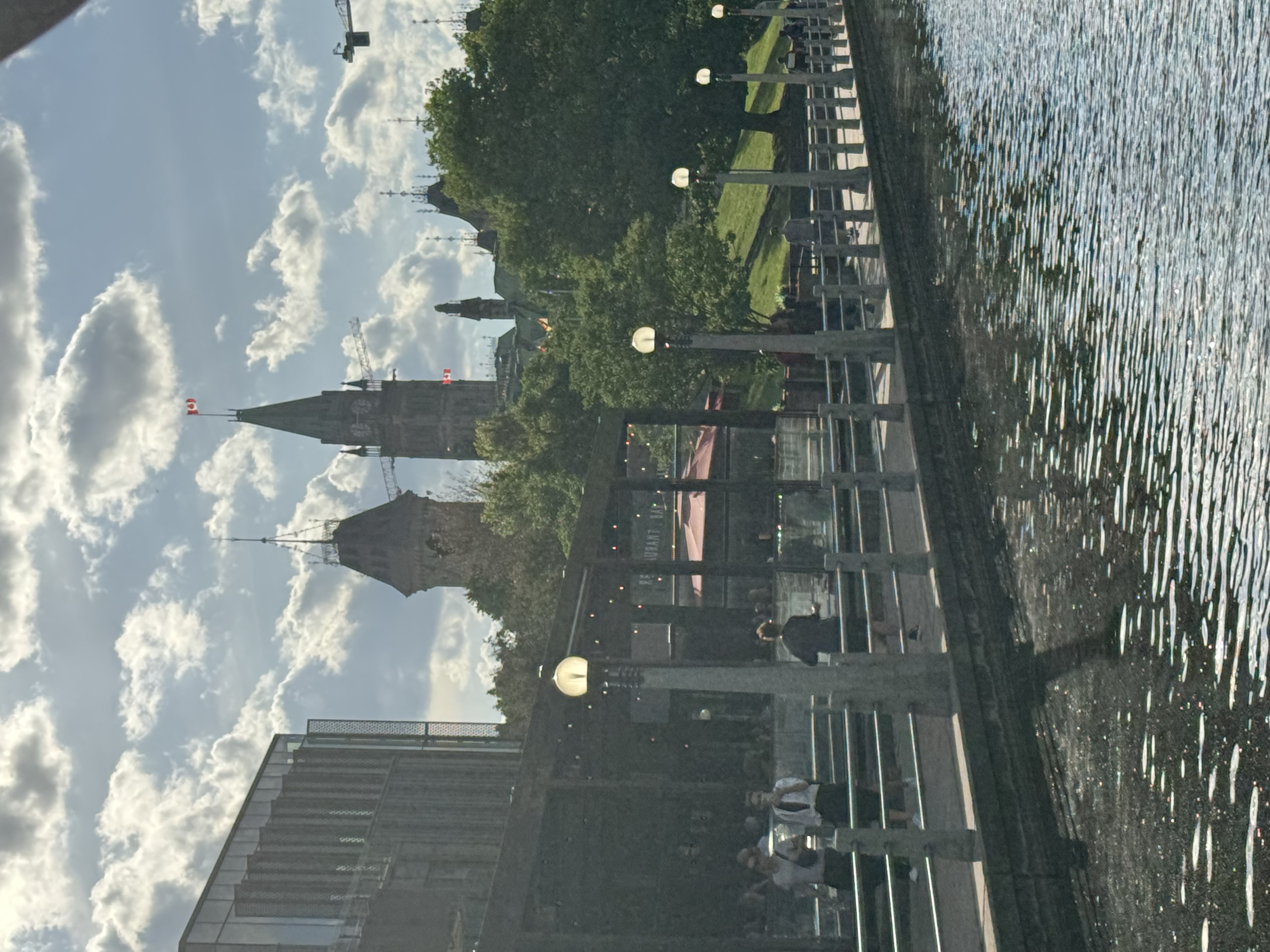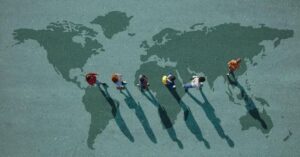Amidst the tumultuous terrain of my Canadian professional journey, accolades for my research and teaching prowess often grace my path. While they momentarily stir joy and satisfaction within me, they simultaneously serve as stark reminders of the racialized constraints imposed by
Comments such as “You don’t look or behave like a typical Bangladeshi; I would have thought you were born and raised in Canada. You don’t give off the vibe of a first-generation immigrant,” add to the complex tapestry of perceptions surrounding my identity. It’s as though they perceive me as a phoenix, soaring above the ashes of oppression, transcending the limitations of my origins. Many insinuate that my pursuit of higher education and the forging of a successful career in Canada have liberated me from the shackles that confine women in my native culture, granting me a semblance of enlightenment akin to Western women. Yet, simultaneously, doubts linger regarding my capabilities as an educator and researcher, simply due to my origins.
The compliments I receive often come with an implicit assumption that, because of my race, ethnicity, and origins from a formerly colonized country, I am somehow not fully entitled to the enlightenment and freedoms associated with Western ideals—ones typically attributed to whiteness. Consequently, I find myself burdened not only with the challenges of navigating my professional identity but also with the weight of my skin color and colonial heritage.
Frequently, I push back against such comments by underscoring the diversity inherent in Bangladeshi society, much like any other society worldwide. However, most of the time, I choose to remain silent and avoid such conversations because it is undeniable that women in Canada enjoy far greater social, legal, and economic rights compared to women in Bangladesh. In fact, it was the enduring gender discrimination back home that compelled me to make the decision to migrate from Bangladesh to Canada, relinquishing my teaching position at Chittagong University. When I received the offer letter from Carleton University along with a full scholarship, I experienced a mix of elation and relief. This opportunity not only enabled me to pursue advanced studies but also provided an escape from the confines of patriarchal traditions and expectations. I eagerly anticipated embracing Western liberalism, characterized by freedom of thought and expression, as well as gender equality.
Excitement and Despair
During my initial weeks in Ottawa, Canada’s enchanting capital, I found solace in the tranquil surroundings. The untouched beauty of nature, the serene landscape, the expansive blue sky, and the crystalline green waters of the Rideau Canal, meandering through the Carleton campus, brought me a sense of peace and contentment. However, this tranquility was gradually disrupted as I encountered numerous new terms—such as “visible minority women,” “women of color,” “racialized women,” “Muslim women of color,” “South Asian women,” and many more—that were used to categorize my identity in Canada. While grappling with the sudden imposition of these labels was challenging, it was not hard to grasp that all these descriptors, and their intersections, underscored my disadvantaged position in Canadian society.
Over time, I’ve come to realize that Canadian liberal feminism doesn’t provide adequate protection for racialized women like myself. Instead, it positions us on the fringes of the identity hierarchy, where we’re expected to navigate our gender, race, ethnicity, and religious identities to conform to Anglo-French norms—to assimilate into Canadian culture. Since I cannot, and do not want to, alter my inherent identities, I’ve directed my efforts towards excelling in my studies and career to cope with the heightened pressure of assimilation.
This approach has yielded results, transforming me from a visible minority into a ‘model minority’ in the eyes of many Canadians. However, despite my endeavors to assimilate through academic and social contributions, I remain burdened by the intersection of gendered racialization. Even within academia, often regarded as the most liberal, diverse, and inclusive realm in Canada, my skin color continues to shape the interpretation of my achievements in comparison to those of my white counterparts.
Hope Continues
As a woman, I undeniably enjoy more rights in Canada than in Bangladesh, yet I still encounter racialized and gendered perceptions and exclusions. This complex reality has rendered my identity more ambiguous and precarious than anticipated. While my career aspirations have been realized in Canada, my pursuit of freedom for my mind and soul—my primary motivation for coming to this country—remains unfulfilled.
However, should I abandon this quest? Absolutely not. Social meanings are not fixed; they can be reshaped through alternative discourses and collective actions. Though it may require time and perseverance, I refuse to relinquish hope in creating a space where individuals can transcend colors and social labels. Through my research on racialized migrants in Canada, I am committed to cultivating this space and influencing policies to acknowledge the struggles of the marginalized.
I have learned to harness my ‘woman of color’ identity as a wellspring of spirit and strength. It empowers me to challenge hegemonic discourses and actively participate in shaping and reshaping the narratives of identity politics within academia and beyond.



